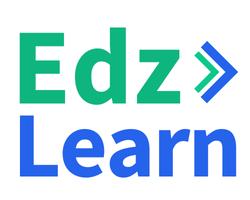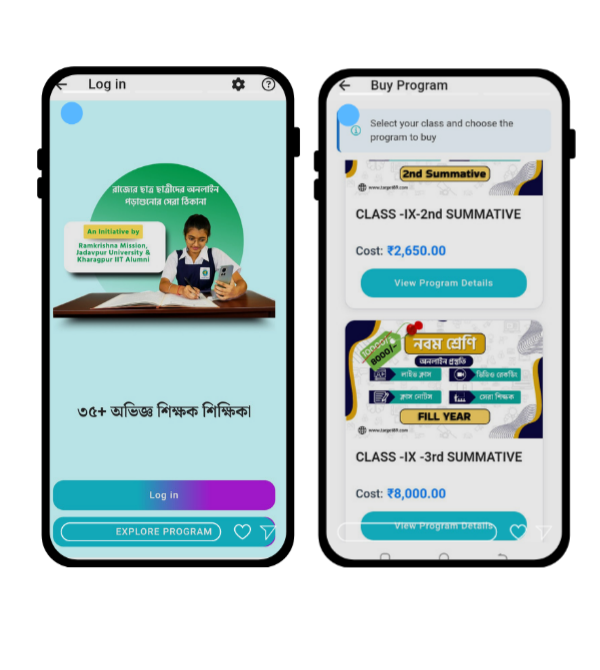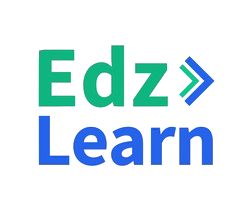Corporate training has come a long way from the traditional classroom setup and monotonous slide-based e-learning modules. In today’s fast-paced business environment, where continuous learning is key to competitiveness, artificial intelligence (AI) has emerged as a game-changer. It has transformed corporate training into a smart, personalized, and data-driven experience that aligns with modern business needs.
From intelligent content delivery to personalized learning paths, and predictive analytics to AI-powered chatbots, AI has disrupted how organizations train and upskill their workforce. In this blog, we’ll explore how AI has revolutionized corporate training, backed with real-world examples, benefits, and future possibilities.
The Rise of AI in Corporate Training
The modern workplace demands agility, adaptability, and continuous development. However, traditional training methods often fall short—they’re slow to update, hard to scale, and rarely personalized.
AI bridges this gap by offering scalable, intelligent, and learner-focused solutions. It collects and analyzes large volumes of employee performance data, identifies learning gaps, and delivers hyper-personalized content tailored to the learner’s role, skills, and pace.
In a corporate setting where time is money, AI’s ability to optimize learning pathways makes training both efficient and effective.
Key Ways AI is Transforming Corporate Training
1. Personalized Learning Paths
AI customizes the learning journey for each employee. Instead of assigning the same modules to everyone, AI algorithms assess a learner’s:
- Past performance
- Current skill set
- Learning style
- Job role and responsibilities
This results in dynamic learning paths where content adapts in real-time. For instance, if an employee struggles with a compliance topic, the system will offer additional micro-lessons or change the content format (e.g., from video to quiz) to improve understanding.
Real-world Example:
IBM uses AI to personalize employee learning. Their Watson AI system curates custom learning playlists based on individual career goals and gaps, saving hours of irrelevant training.
2. AI-Powered Content Recommendations
Just like Netflix recommends what to watch next, AI in corporate LMS platforms recommends the next best training module. These recommendations are based on:
- User preferences
- Performance analytics
- Trending industry skills
- Peer learning behavior
This not only boosts engagement but also encourages continuous learning, helping companies foster a strong learning culture.
Use Case:
In sales training, if a rep completes a module on objection handling, the system may suggest content on closing techniques or negotiation skills as the logical next step.
3. Intelligent Virtual Coaches and Chatbots
AI chatbots act as 24/7 training assistants. They guide learners through courses, answer questions, and even assess understanding through conversational quizzes. These bots offer real-time support without the need for human intervention, improving learner confidence and reducing dropout rates.
Example:
Accenture uses AI bots that not only deliver onboarding training but also answer employee FAQs and provide continuous guidance.
4. Skill Gap Analysis and Predictive Analytics
AI doesn’t just deliver content—it learns from user behavior. It analyzes:
- Quiz scores
- Course completion rates
- Engagement patterns
- Role performance metrics
With this data, it identifies individual and team-level skill gaps, recommends solutions, and even predicts who may need retraining or support. For HR and L&D teams, this is gold—allowing them to make proactive decisions on talent development.
Example:
A tech company might use AI to identify that its product team lacks emerging UX skills, then deploy a tailored training program before launching a new app.
5. Automated Content Creation with Generative AI
Creating corporate training material can be time-consuming and expensive. With generative AI tools like GPT-4, companies can now generate:
- Customized training modules
- Role-play scripts
- Assessment questions
- Case studies and simulations
This reduces production costs and accelerates the training development cycle.
Tip: AI tools can also localize content into multiple languages in real time—great for global organizations.
6. Microlearning and Just-in-Time Training
AI enables microlearning by breaking down large content into bite-sized, role-specific modules that can be accessed just when the learner needs it. For example, a technician can receive a short refresher on safety protocols right before entering a high-risk zone.
This contextual learning approach reduces knowledge overload and improves retention.
7. Improved ROI and Training Effectiveness
With AI-driven personalization and analytics, organizations can measure:
- Time to competency
- Knowledge retention
- Application of skills on the job
- Business impact of training
This ensures that training is not just a checkbox activity but a strategic investment delivering real business outcomes.
What Is AI in Corporate Training?
AI in corporate training refers to the integration of machine learning, natural language processing, and data analytics to create intelligent learning experiences for employees. These systems can adapt content, track performance, and even predict learning outcomes.
With AI, corporate L&D is no longer a one-size-fits-all approach — it’s personalized, scalable, and measurable.
Benefits of AI in Corporate Training
| Benefits | Impact |
| Personalized learning | Higher engagement and improved learner satisfaction |
| Scalable training solutions | Consistent learning across global teams |
| Predictive insights | Proactive upskilling and improved talent retention |
| Faster content creation | Agile responses to business changes |
| 24/7 learner support | Reduced dependency on human trainers |
| Data-backed training decisions | More effective L&D investments |
Challenges and Considerations
While AI in corporate training brings immense benefits, it’s not without its challenges:
- Data privacy and compliance: Employee data must be handled securely and ethically.
- Initial cost of implementation: AI-powered platforms and integrations require upfront investment.
- Human touch: Some complex soft skills still require human facilitation and mentoring.
- Bias in algorithms: AI systems must be carefully trained to avoid reinforcing workplace biases.
Pro Tip: Combine AI with human insights for a hybrid learning model. Use AI for scale and personalization, and humans for emotional intelligence and creativity.
Future Trends: Where Is AI in Corporate Learning Headed?
- Voice-activated learning assistants: Think Alexa or Siri guiding employees through safety protocols or product briefings.
- AR/VR + AI integration: AI will personalize simulations and virtual environments in real time for role-specific training.
- Career pathing with AI: AI will analyze performance and learning data to suggest optimal career paths and needed skill sets.
- Emotion AI: Future systems may adapt training content based on real-time emotional feedback (via facial or voice recognition).
Frequently Asked Questions (FAQs)
Q1: What makes AI different from traditional LMS platforms?
AI enables adaptive learning paths, predictive analytics, and automation — things a traditional LMS cannot do.
Q2: Does AI replace human trainers?
No. AI assists trainers by automating tasks and offering insights, freeing up time for strategic training decisions.
Q3: Is AI in corporate learning secure?
Yes. Platforms like EDZLMS are built with enterprise-grade security, data encryption, and compliance with standards like GDPR.
Conclusion
AI is not just enhancing corporate training—it is transforming it into a smarter, more agile, and learner-centric experience. From intelligent recommendations and skill gap analysis to AI chatbots and content automation, every touchpoint of corporate learning is now more data-driven, personalized, and outcome-focused.Organizations that embrace AI-powered learning platforms will not only upskill their workforce faster but also create a culture of continuous learning and innovation. As business needs evolve, AI will be the engine that keeps corporate training future-ready.














